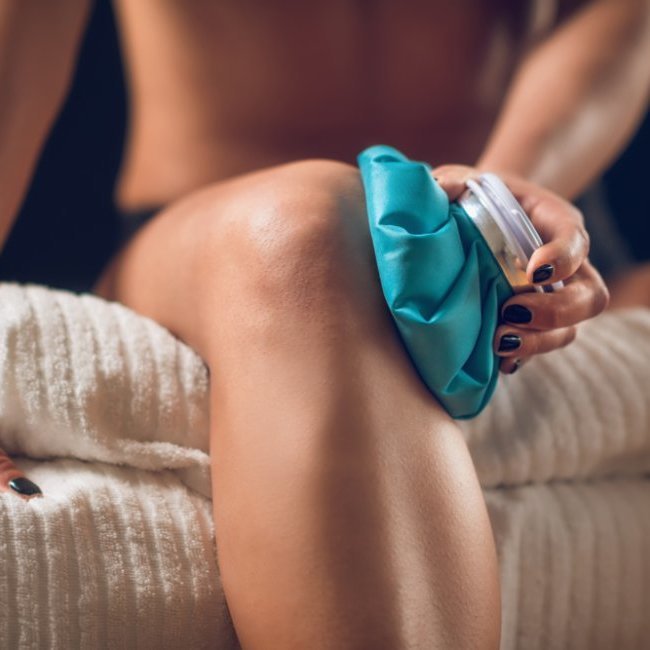


Physicians
Orthopedic Surgery
Shoulder & Knee
Sports Medicine
 Healthgrades
Healthgrades
Orthopedic Surgery
Shoulder & Knee
Sports Medicine
 Healthgrades
Healthgrades
Orthopedic Surgery
Shoulder & Knee
Sports Medicine
 Healthgrades
Healthgrades
Orthopedic Surgery
Shoulder & Knee
Sports Medicine
 Healthgrades
Healthgrades
Orthopedic Surgery
Shoulder & Knee
Sports Medicine
 Healthgrades
Healthgrades
Body parts
Also known as Hoffa syndrome, fad pad impingement is exactly what it sounds like: a pad of fat gets impinged upon, or affected, in some way. This particular fat pad is located behind the kneecap tendon and in front of the connective tissue of the knee joint (synovium). It has a rich supply of nerves, so when it is damaged, you will feel it.
(Why Hoffa? Albert Hoffa was a prominent German surgeon, orthopedist, and physiotherapist who lived in the late nineteenth century.)
Series of kicks that hyperextend your knee, standing for prolonged periods of time, or walking are simple causes of this condition. Women who wear high heels are also more liable to develop these symptoms.
Your physician will do a thorough physical exam, and will do some joint manipulation as well. “One test, called Hoffa’s Test, is to see if you can fully extend your knee while the tendon is being pressed on; patients with fat pad impingement will not be able to accomplish this because it will be too painful,” says John Dundon, MD, an orthopedic physician at OINJ. “Obviously we don’t push you to the point of pain, but this is an indicator as to what the underlying condition is that is causing it. To pinpoint the diagnosis, we may want to x-ray the area, or have you get an MRI.”
“Generally, ice — a lot of ice — will help bring down the swelling that results from the impingement. Rest, over-the-counter anti-inflammatories, and strength-building and stretch exercises are also usually advocated. Sometimes, the area can be taped so that the fat pad is not impinged on. If the condition does not resolve itself after these kinds of conservative methods, surgery may be an option,” says Dr. Dundon.